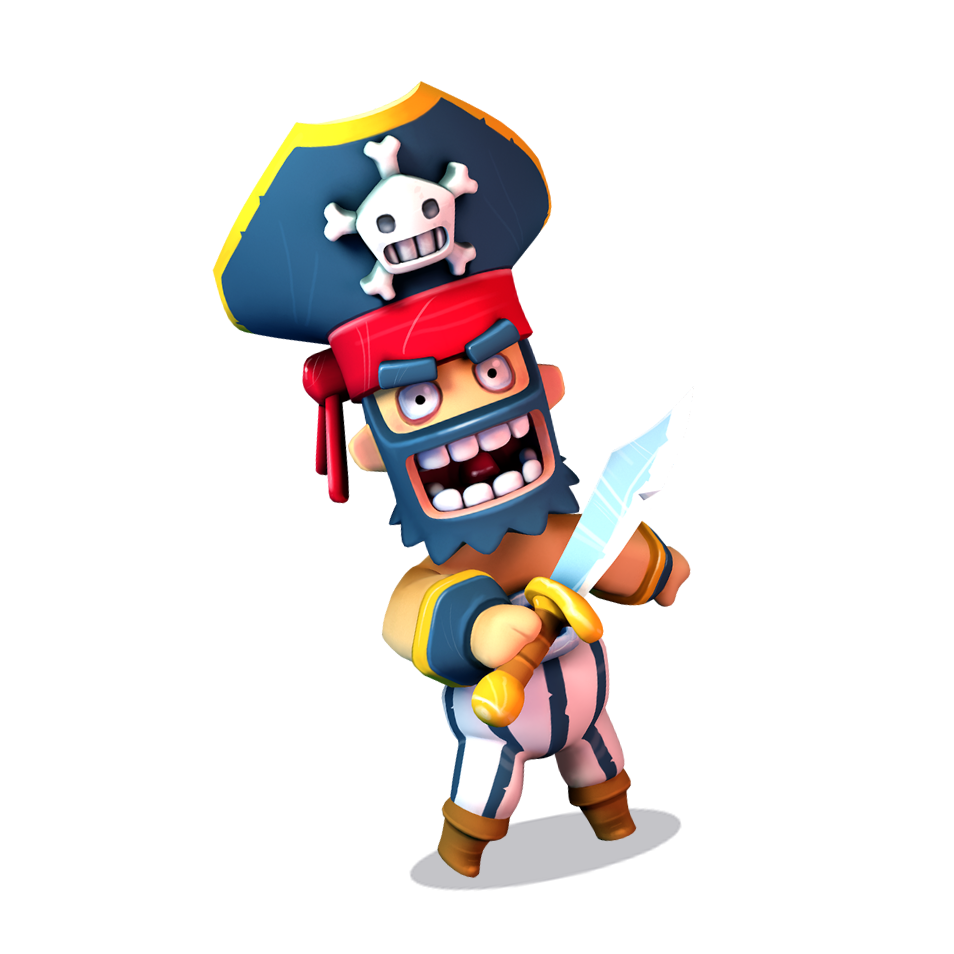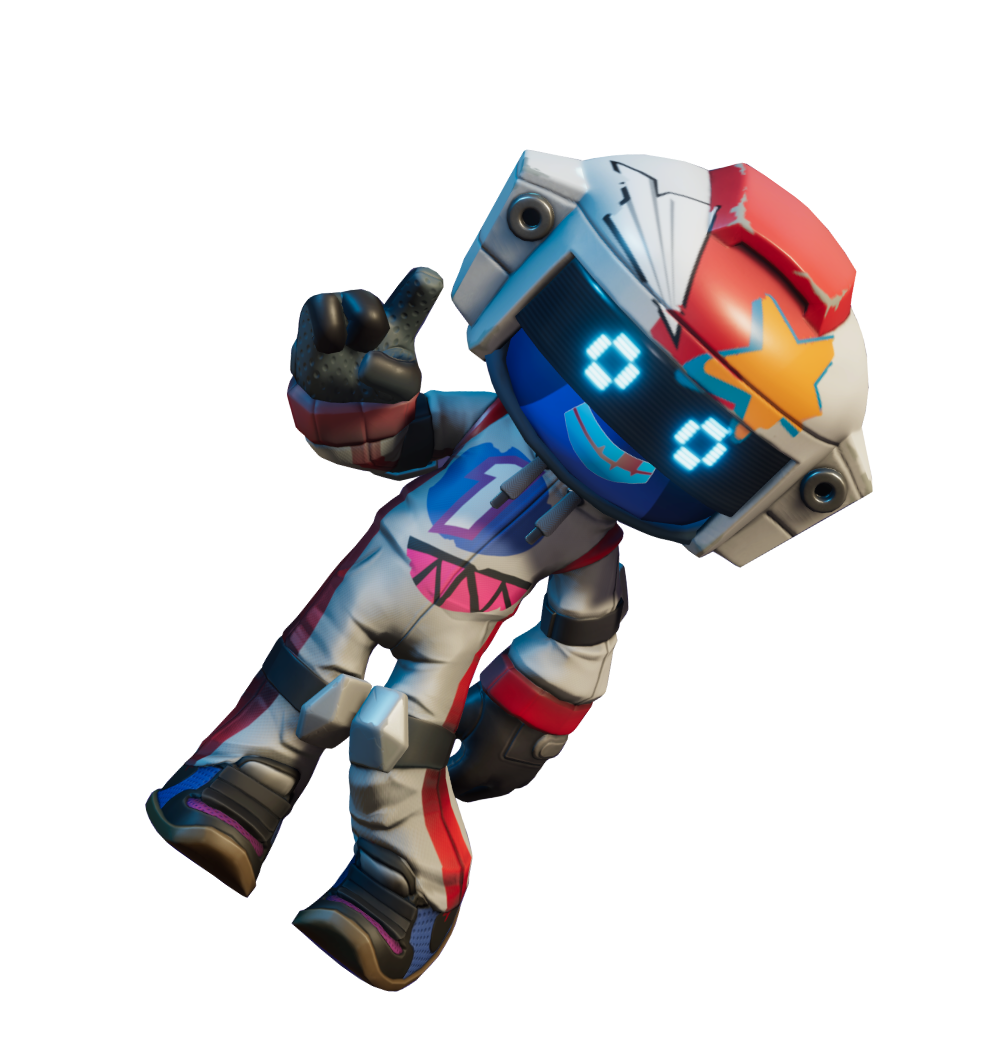EXPLORE OUR MOST RECENT GAMES
LET’S CREATE GREAT GAMES TOGETHER
FULL GAME DEVELOPMENT
CO-GAME DEVELOPMENT
GAME DEV SERVICES


Proud to work with incredible partners













Whether you need full game development, co development or a specialist game service support - you'll find a trusted partner in us.














